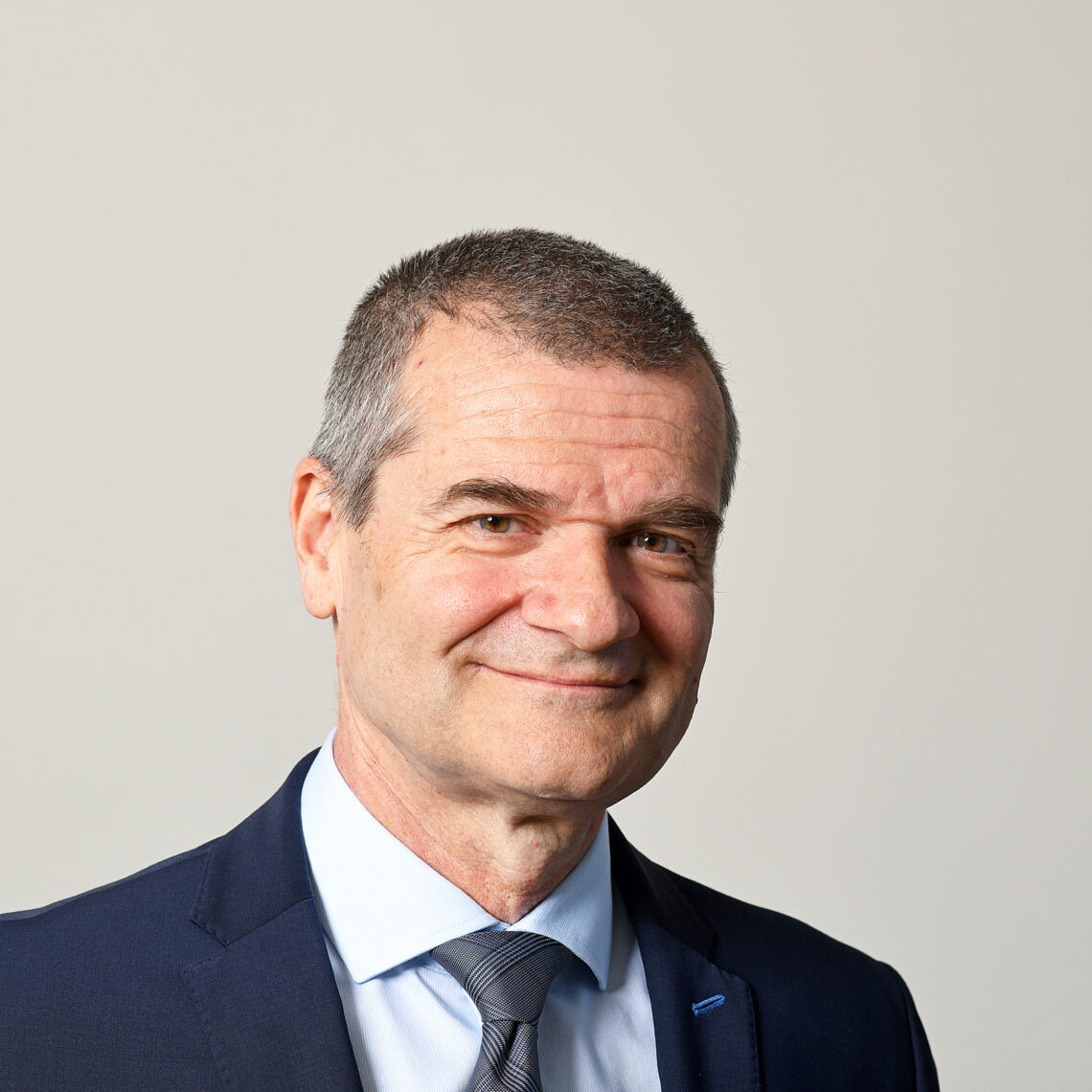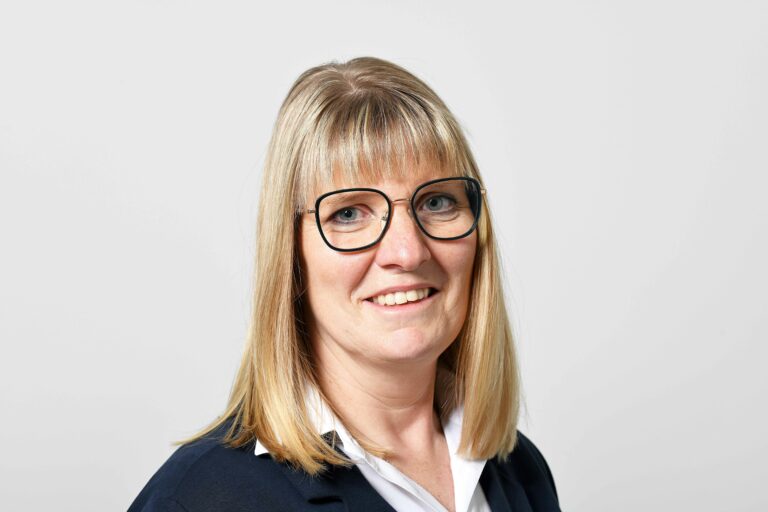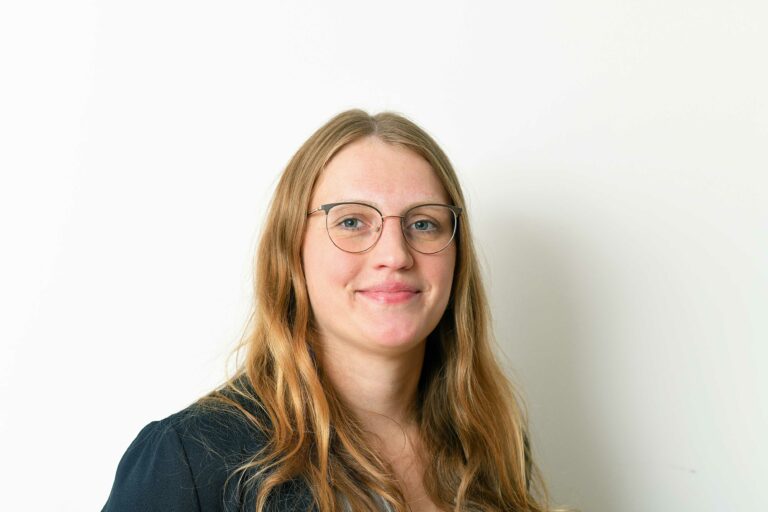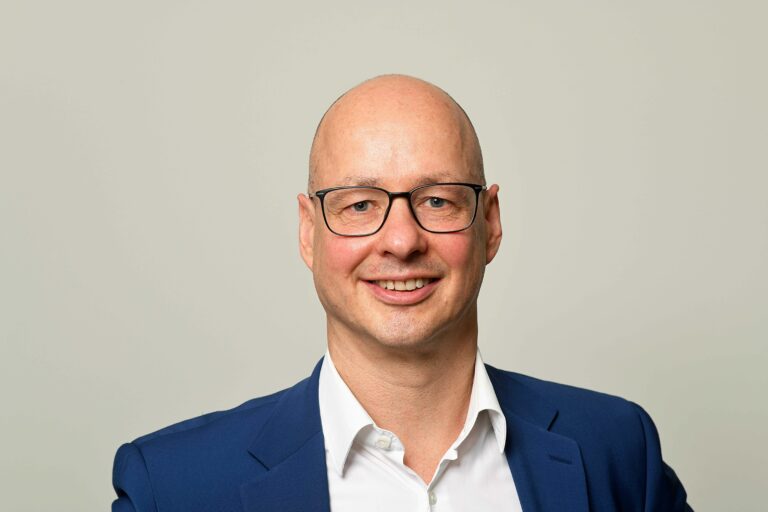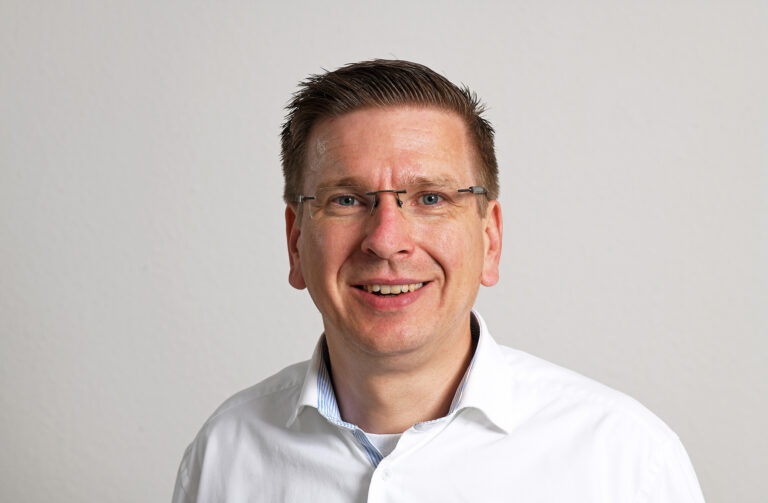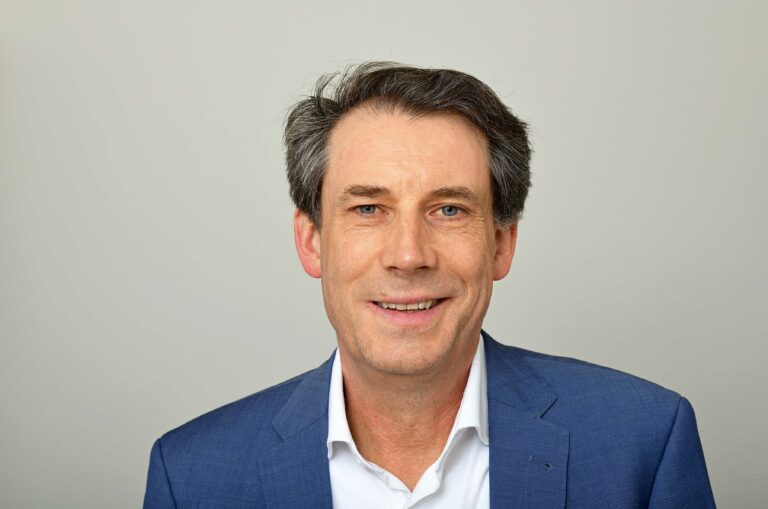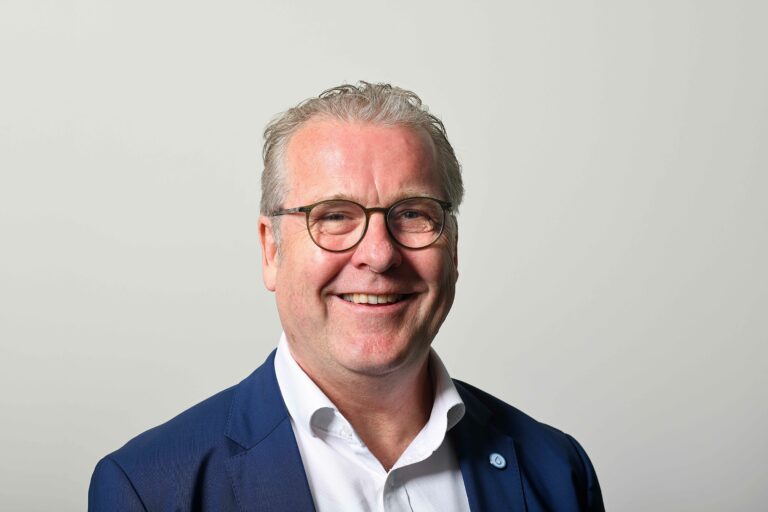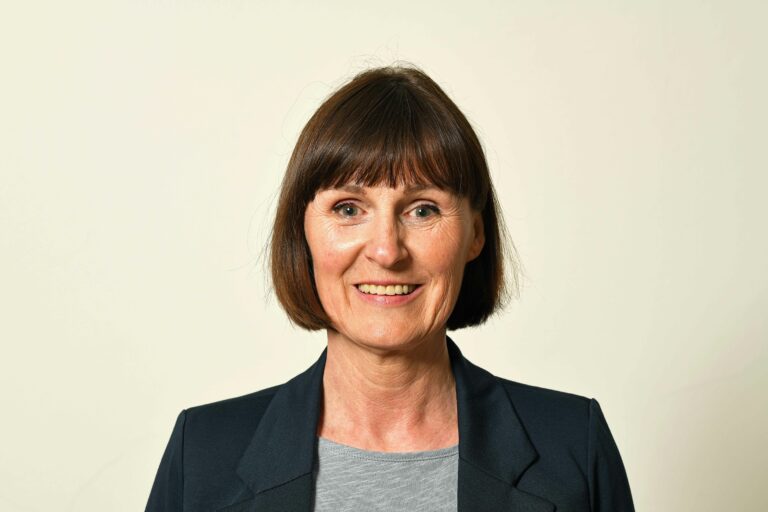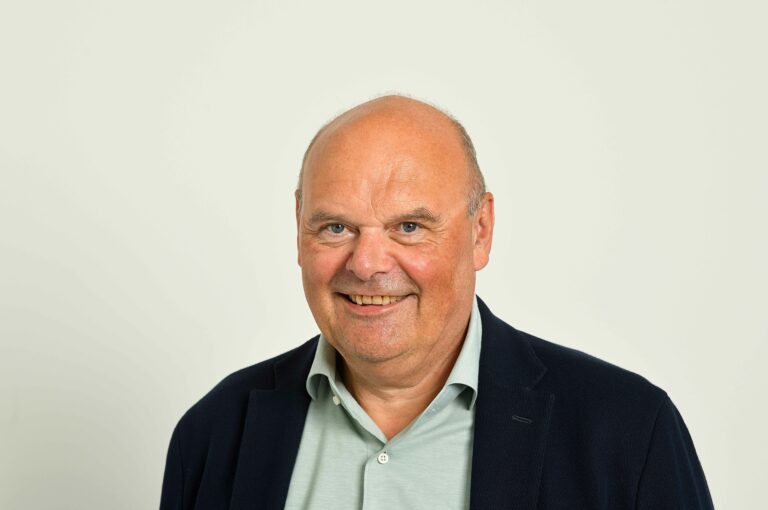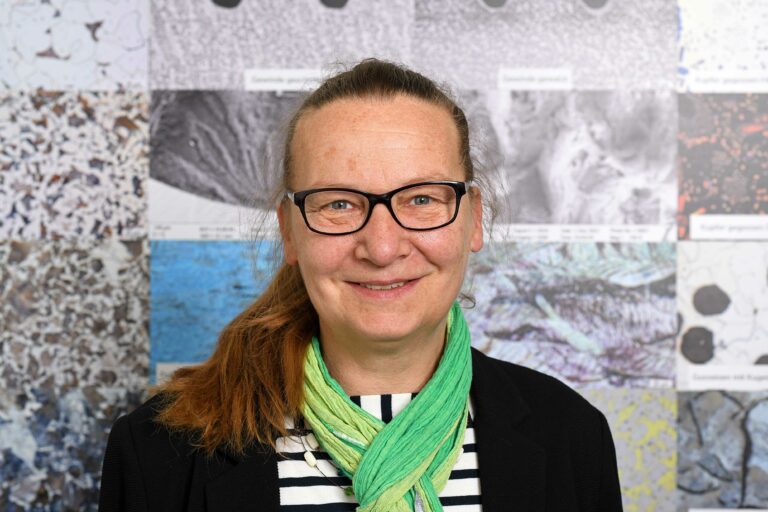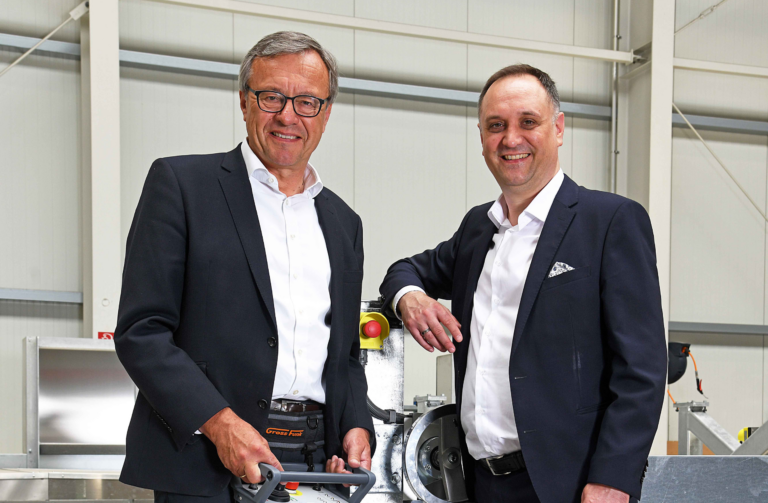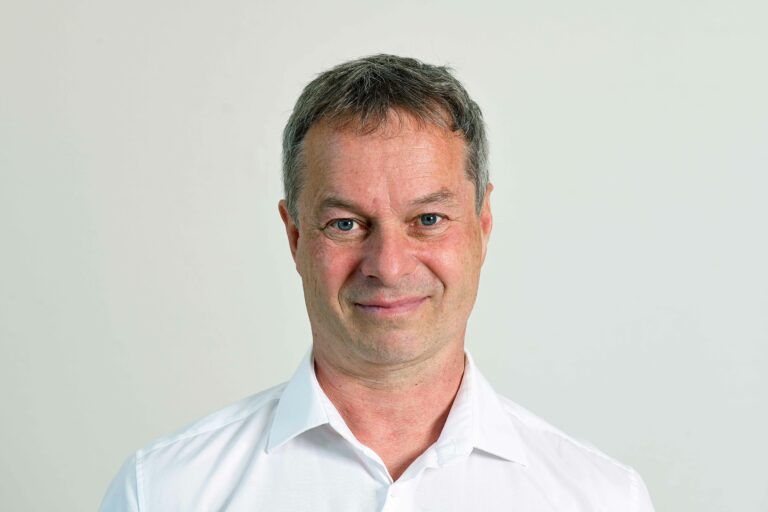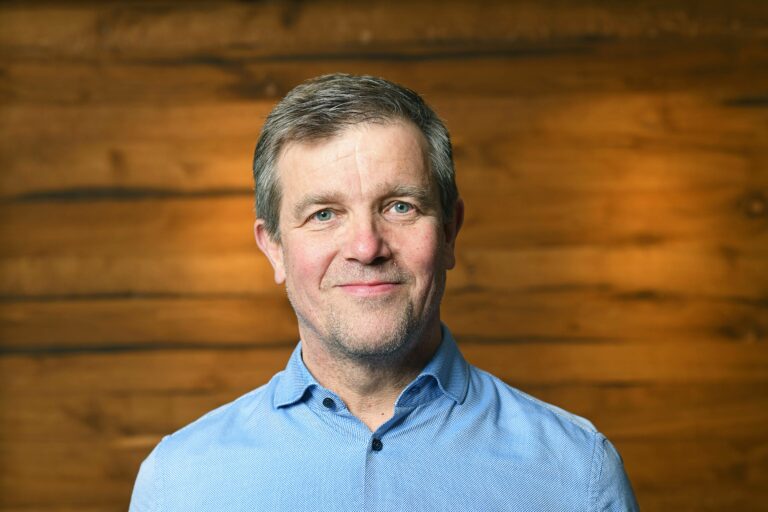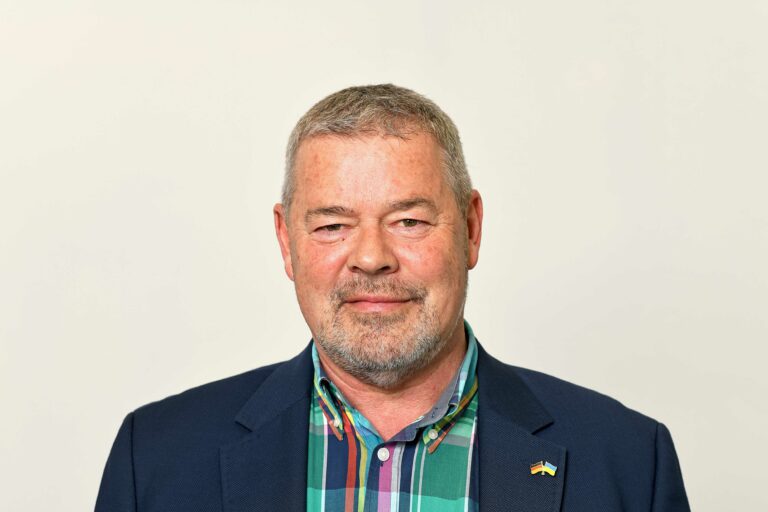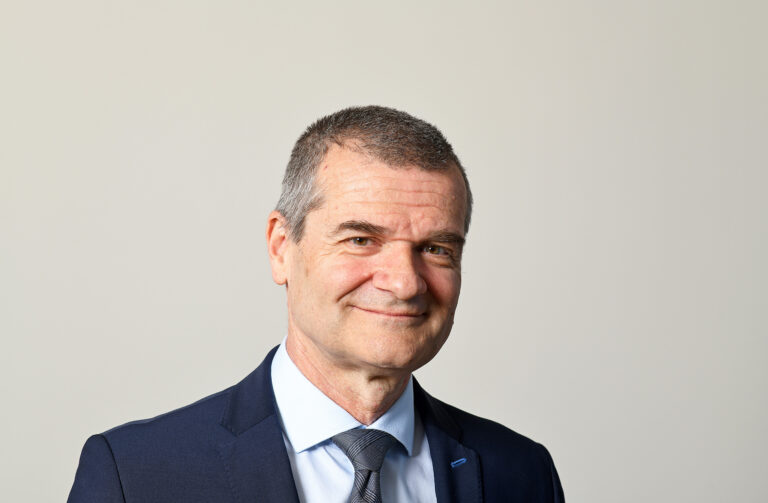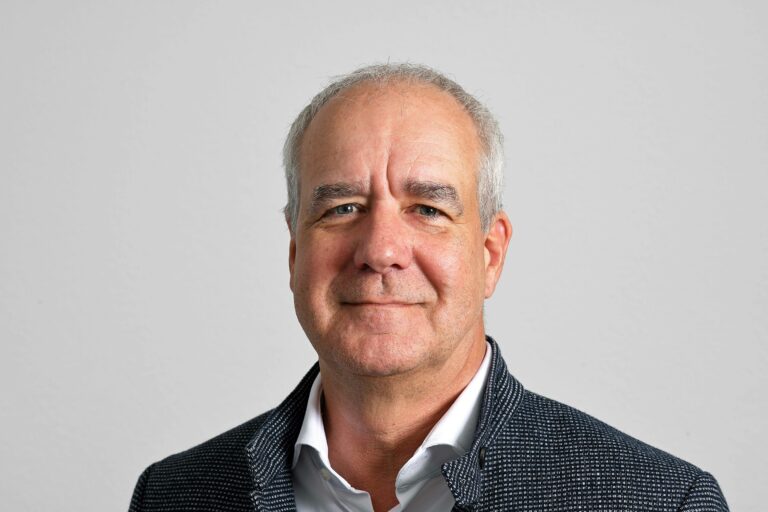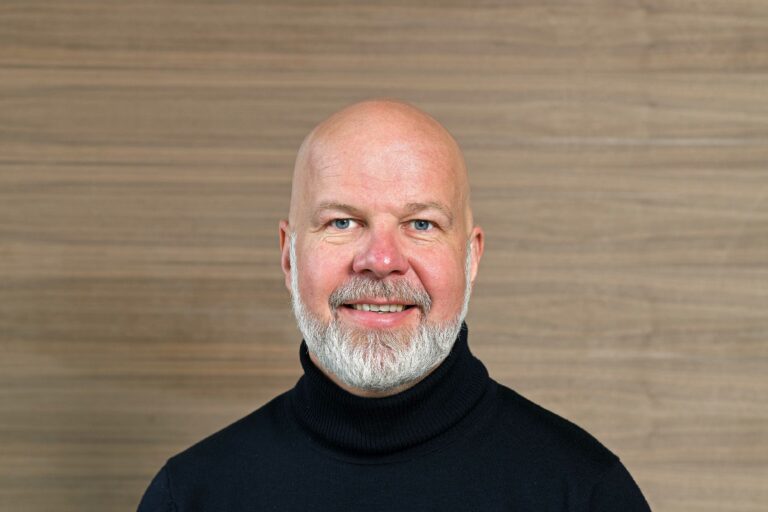As network manager of automotive-mv e.V., Dr Andreas Vietinghoff likes to present best-practice examples from his member companies, as they clearly reflect the innovative strength of the automotive industry and should inspire others to do the same. He also arranges for experts to talk about current topics to the association’s working groups, and supports the members with their transformation activities in the fields of technology transfer, sustainability and personnel development. His strengths include networking, coordinating and keeping an eye on the bigger picture. During the interview, he talks about developments and future challenges in the automotive industry.
How has the sector developed over the last ten years in Mecklenburg-Western Pomerania?
Automotive suppliers form one of the core aspects of industrial value creation in our state, and have seen constant further development over the last ten years. About 500 new employees were hired during this period. Turnover also grew by around 20 percent to about 1.7 billion Euro, despite various years of crisis caused by Covid-19, supply chain issues and the energy crisis. One point particularly worth emphasising is that the sector is constantly increasing its innovative capability. Companies belonging to automotive-mv e.V.’ invested around 250 million Euro in new technologies and the production infrastructure during the period under discussion, with the aim of safeguarding and expanding industrial value creation and employment in the state
What is the current position of the automotive industry in North-East Germany?
Compared to other German states, Mecklenburg-Western Pomerania is a structurally weak region with below-average industrial value creation as well as special demographic challenges. Nevertheless, a highly efficient vehicle supplier industry has emerged here over the last 30 years, enjoying consistent growth apart from the crisis years of 2008/09 and 2020 to 2022. Our automotive supplier sector has a heterogeneous structure. While three large firms have more than 500 employees, a 75 percent majority of the surveyed companies has a workforce of less than 100, including 38 percent with no more than 50 employees. In all of Mecklenburg-Western Pomerania, the sector has about 5,500 employees and generates annual turnover of around 1.7 billion Euro.
Which lighthouses shine particularly brightly?
The big players include four top-100 global supplier companies with significant production sites in Mecklenburg-Western Pomerania. These are ZF Friedrichshafen AG (ranked 4th worldwide) in Rostock-Laage, Valeo (ranked 10th) and Webasto SE (ranked 66th) in Neubrandenburg, as well as Lear Corp. GmbH (ranked 14th) in Wismar. Lear Corp. GmbH is one of the leading manufacturers of plastic plug-in connectors for a wide range of automotive applications. The Wismar factory has more than 250 employees and implements the strictest requirements of the international automotive industry with its innovative 2- and 3-component injection moulding technology. About 1.2 million plastic parts are produced by the highly efficient machinery every day. It is also worth mentioning Gummifabrik Lubeca GmbH Co. KG in Upah, a highly specialised manufacturer of elastomers and moulded rubber parts for various applications in vehicles. Up to 30 million damping elements, used for example in the electronic stability programme ESP and the anti/lock braking system and rubber-metal compounds, are made according to highly specific material and quality requirements every year on the fully automated machinery.
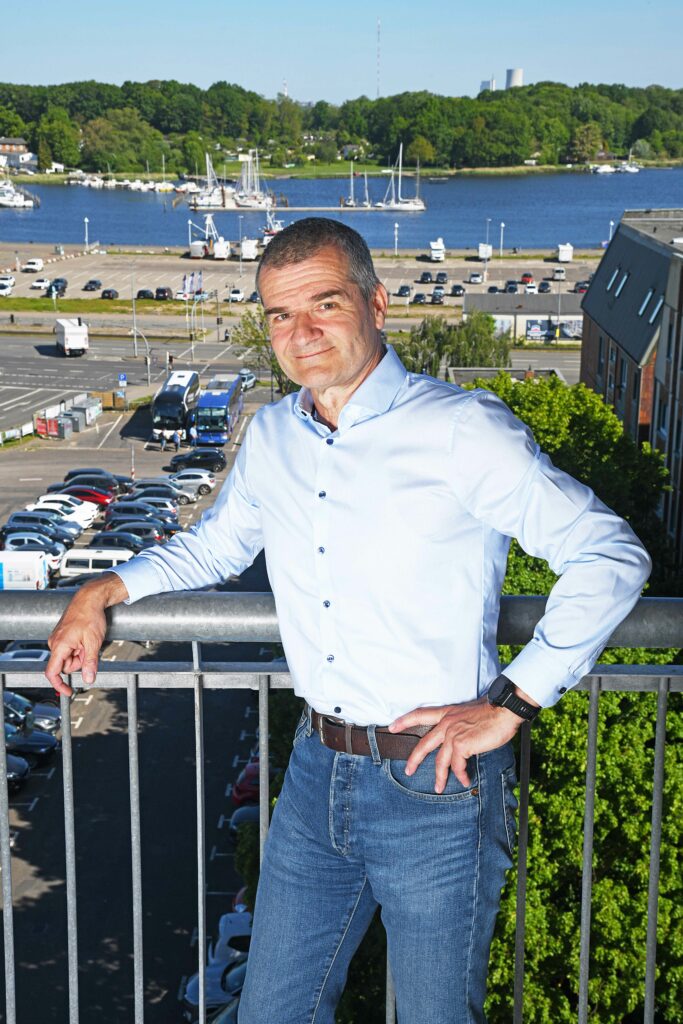
Which partners do you work with in the region?
In addition to intensive cooperation within the sector itself, automotive-mv e.V. collaborates particularly with local expert partners in the fields of research and development as well as industry-specific consulting and training. Here a mention should be given to the University of Rostock and the Fraunhofer Institute for Large Structures in Production Engineering (IGP) in Rostock as well as the Mecklenburg-Western Pomerania state association of REFA-MV e.V., an expert partner and specialist for personnel development and industrial process optimisation. Other partners include the Universities of Applied Sciences in Wismar, Stralsund and Neubrandenburg together with expert technology partners, such as the Training and Educational Institute for Welding Engineering in Rostock.
Which major challenges have to be mastered in future?
The technological trends in the mobility sector are electrification, automation and connectivity. Turning these trends into reliable, marketable products and services will demand great efforts from the industry in the years ahead. Local automotive suppliers will also face major challenges presented by the way the whole industry will be transformed by the energy and mobility transition. Car makers, in particular, will have to undertake huge innovative endeavours to meet the demands of technological trends such as e-mobility, autonomous driving, connectivity and new business models for mobility. The competitive environment is currently not really beneficial in this respect due to the excessively high costs for material, energy and labour. This has severe consequences, because our companies are competing with manufacturers from Eastern Europe, Asia and America. One particular challenge is to win over young talent for the demanding fields of work in the industry in future too – a task for the whole of society, as German prosperity depends above all on being a successful industrial export country
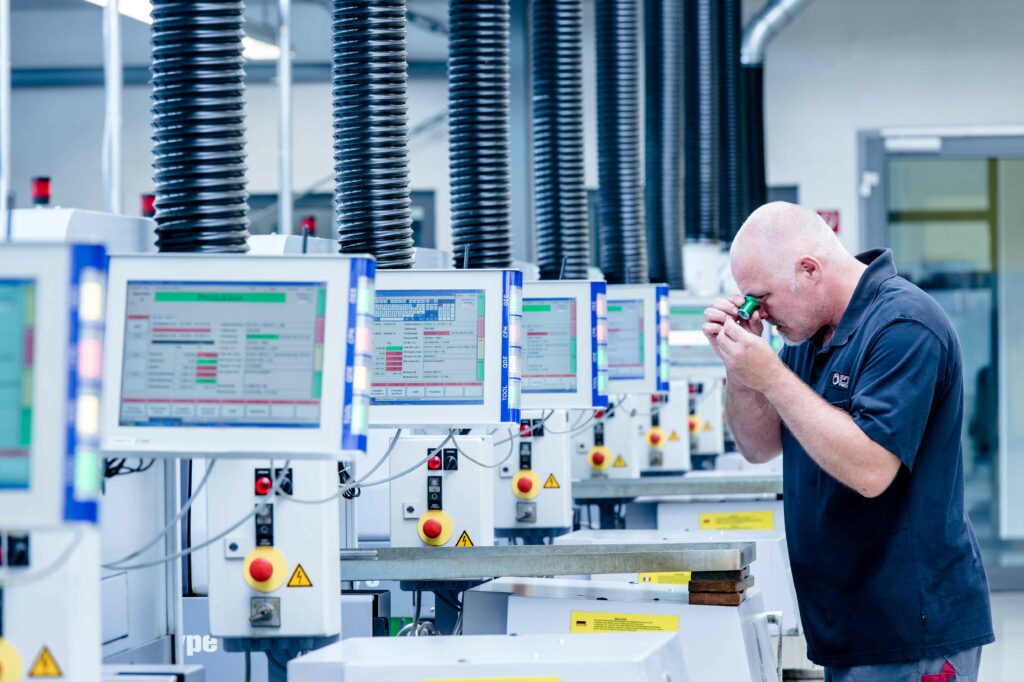
How can the measures be funded?
Safeguarding competitiveness will demand enormous investment in innovative production technology, process digitalisation, sustainable production and further training of the workforce. The necessary funds can only be generated in daily business under global competition conditions. In times of multiple crises, this is a particular challenge, also in view of the fact that Mecklenburg-Western Pomerania as a business location is increasingly struggling with cost-related competition disadvantages. Despite these challenges, the state of Mecklenburg-Western Pomerania provides reliable support for the sector in its major undertakings, especially when it comes to funds for investment and innovation projects.
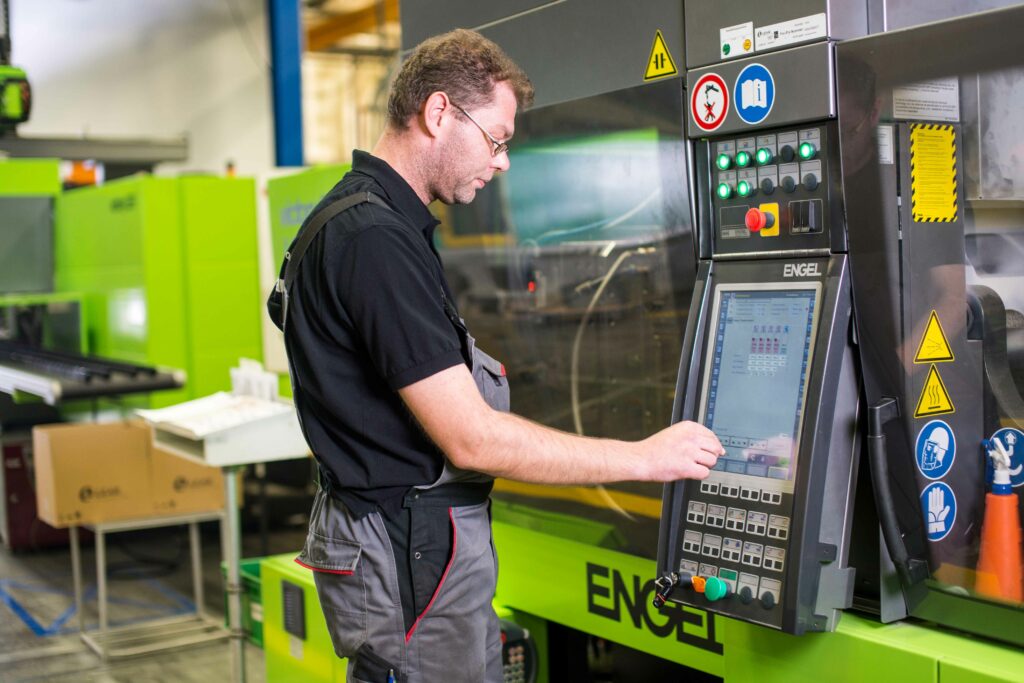
What are the sector’s measures and strategies for the future?
automotive-mv e.V. is the consortium leader in the AutoTrans-MV transformation project. After analysing the sector to stipulate the key objectives and strategic focuses, a regional transformation strategy has been drawn up in cooperation with Rostock University Department for Production Engineering and REFA-MV e.V. The aim is to establish efficient transfer structures in the state to provide effective support for transformation in the supplier industry. One important measure that has already begun consists of setting up a Transformation Academy to support concomitant skills acquisition. automotive-mv e.V. is also involved in the Mecklenburg-Western Pomerania Business-Science Strategy Council, where it works with other industries and the regional science sector in coordinating efforts to enhance the innovative spirit of the local economy
The automotive-mv e.V. in figures:
- 21 member companies
- approx. 3,700 employees
- approx. 180 trainees
- approx. 1.2 billion euros annual turnover
Dr. Andreas Vietinghoff
- born 1966 in Rostock
- married, 2 children
- Studied teaching at the University of Rostock with state examination
- After graduation work as a teacher
- Switch to the economy
- Leadership tasks in personnel management in three regional companies
- since 2009 Network manager at automotive-mv e. V.
automotive-mv e.V.
Sie sehen gerade einen Platzhalterinhalt von Standard. Um auf den eigentlichen Inhalt zuzugreifen, klicken Sie auf den Button unten. Bitte beachten Sie, dass dabei Daten an Drittanbieter weitergegeben werden.
Mehr Informationen
